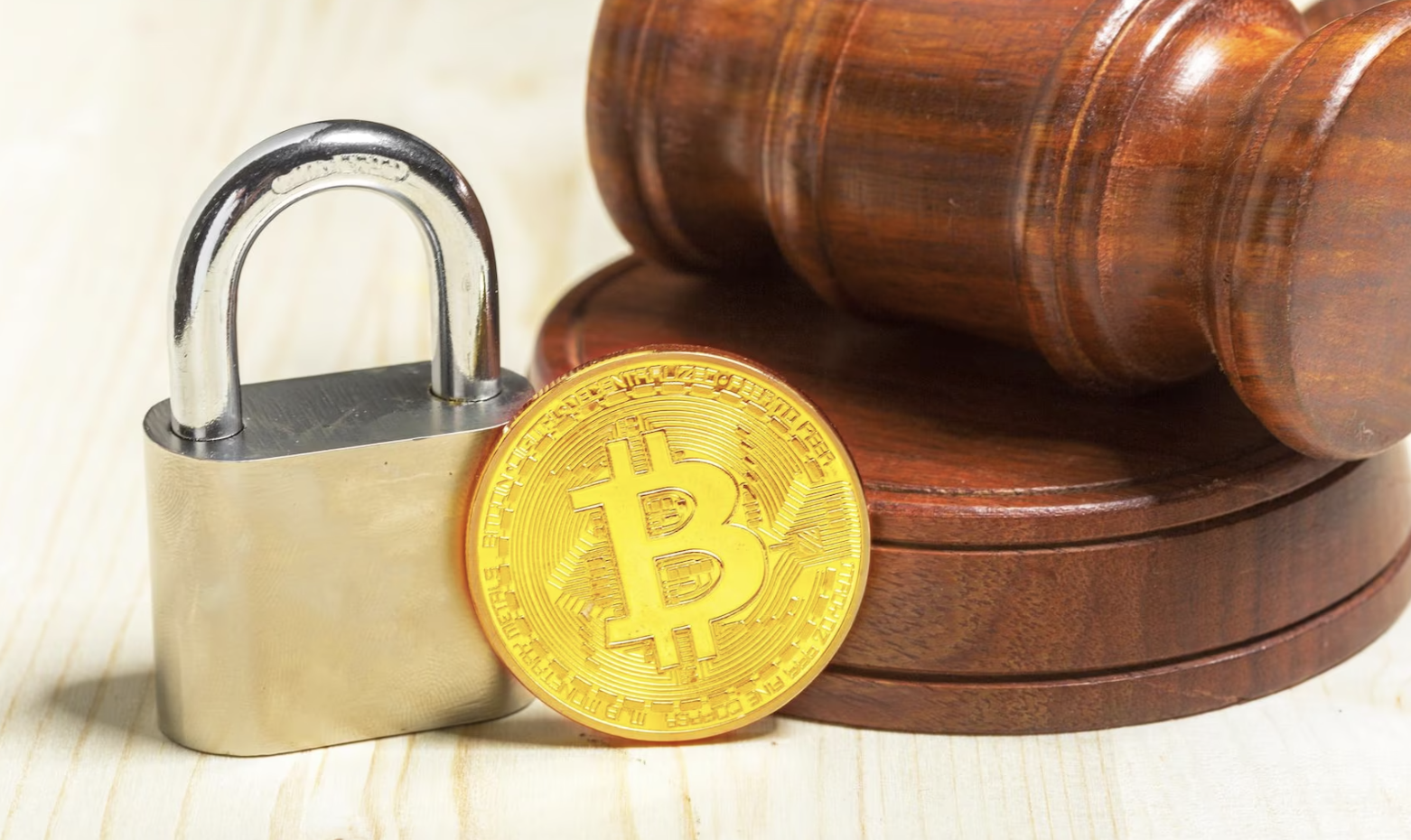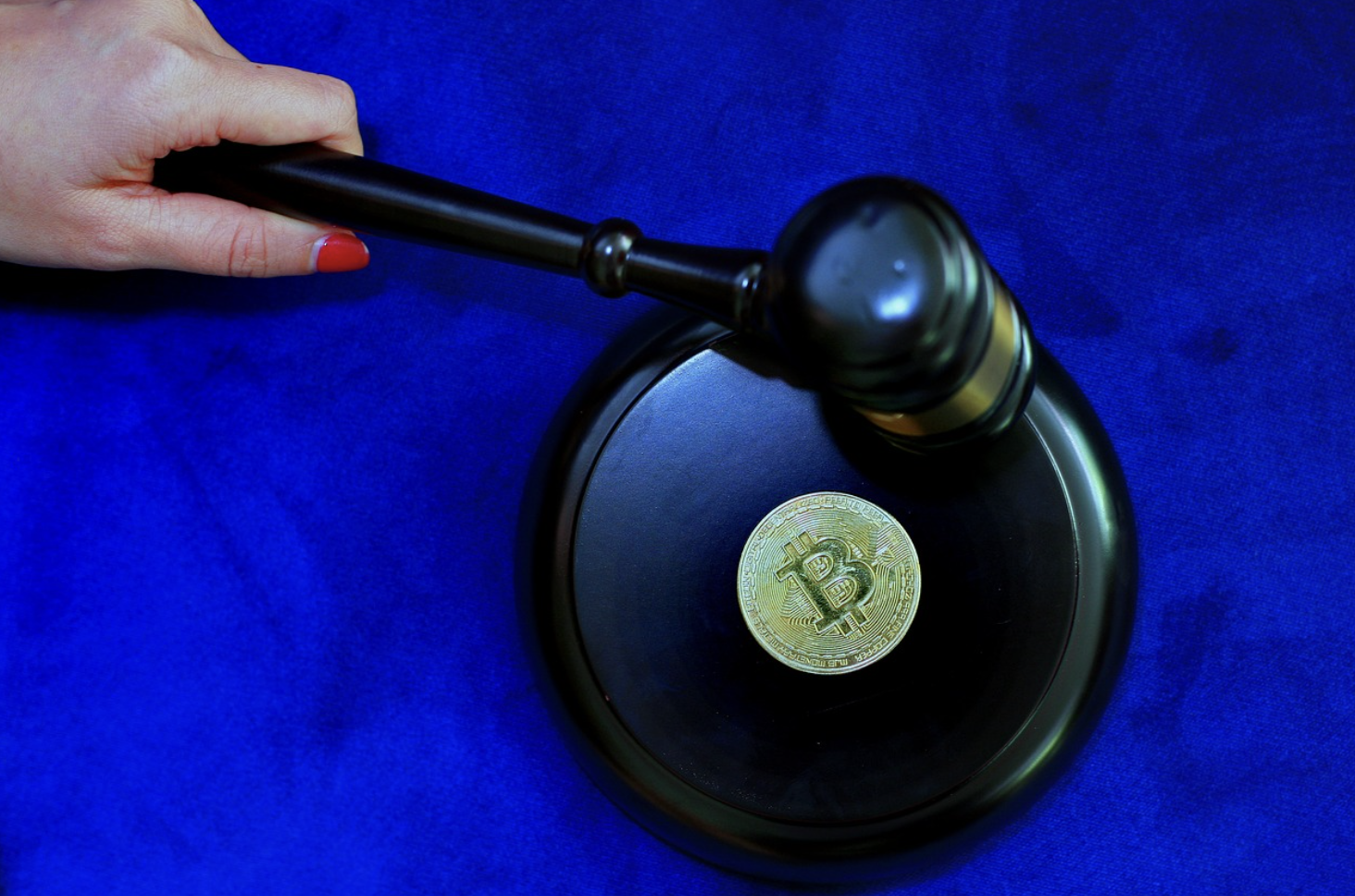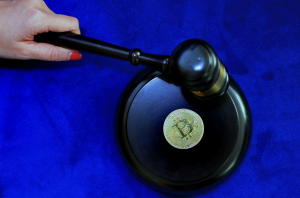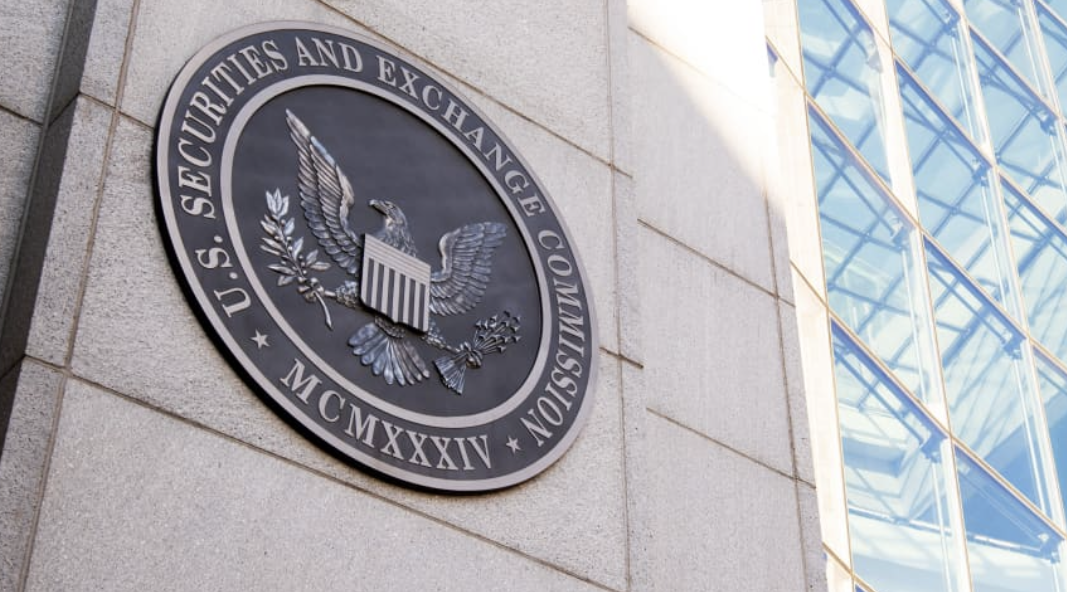Join Our Telegram channel to stay up to date on breaking news coverage
Despite ongoing debates among congressional leaders regarding crypto regulation, the process of passing a bill and implementing effective rules is just the beginning of the struggle.
Challenges in Establishing Effective Rules and Ensuring Regulatory Oversight
According to Dorothy DeWitt, a federal policy expert and former finance counsel to the Senate, it can take a decade or even longer for rules to be established.
Speaking at an event hosted by Lowenstein Sandler law firm and Rutgers law school, DeWitt emphasized that the process of rulemaking is time-consuming. She cited the example of the Dodd Frank Act, which was published in 2010 but didn’t have its final rules passed through the Commodity Futures Trading Commission (CFTC) until 2021.

DeWitt highlighted the difficulty of bringing together individuals with little interest, limited understanding, and fear of complex issues.
James Park, a panelist and professor at UCLA School of Law, added that the Securities and Exchange Commission (SEC) faces similar challenges in regulating rapidly evolving technologies like crypto.
Additionally, there is a jurisdictional battle, raising questions about which regulatory body, such as the SEC or CFTC, should oversee crypto-related matters. Park believes that the SEC needs to determine if the existing exchange rules are compatible with the unique characteristics of crypto companies.
DeWitt’s experience on Capitol Hill includes assisting in the drafting of the Responsible Innovation Act, a bipartisan bill sponsored by Senators Cynthia Lummis (R-Wyo.) and Kirsten Gillibrand (D-N.Y.) during the previous session.
While the bill has not been reintroduced in the current Congress, the senators have expressed their interest in revising and reintroducing it. DeWitt described the bill as comprehensive, covering essential aspects such as consumer protection, market integrity, anti-terrorism policy, and innovation promotion—areas she considers vital for successful legislation in this domain.
What Could SEC’s Legal Actions Mean For Regulatory Clarity in Crypto Industry
In a series of legal actions, the Securities and Exchange Commission (SEC) filed lawsuits against Binance, the largest crypto exchange globally, and its founder Changpeng Zhao. Subsequently, a second suit was brought against Coinbase, another prominent crypto exchange.
These moves by the SEC reflect the belief that investors and issuers involved in the crypto securities markets deserve the same protections as those in traditional securities markets.
According to Gary Gensler, the chair of the SEC, crypto exchanges and promoters have long been aware of the regulations governing crypto trading through previous SEC orders and enforcement actions. However, they have deliberately chosen to disregard these rules, considering the potential enforcement risks as a calculated cost of conducting their business.
Gurbir S. Grewal, head of the SEC’s enforcement division, emphasized that ignoring regulations and preferring alternative ones is not acceptable, as it greatly affects the investing public.
The crypto industry, which initially emerged in 2009-10 and now boasts a market cap of over $1 trillion, has mostly operated in a regulatory gray area. However, the recent downturn in the market, resulting in a $2 trillion drop from its peak of $3 trillion in late 2021, has heightened concerns about the lack of oversight and compliance.
Crypto exchanges have argued that their tokens do not qualify as securities and, therefore, they should not be subject to the same rules as traditional securities exchanges. However, the SEC under Gensler’s leadership, appointed by President Joe Biden in 2021, has taken a different stance.
The SEC asserts its jurisdiction over crypto exchanges, claiming that the tokens they offer are indeed securities and should be registered accordingly.
The SEC has filed numerous crypto-related lawsuits, leading to business closures and settlements. Bitcoin and Coinbase may face fines if the SEC prevails in court or if settlements are reached.
While these are civil suits without the possibility of imprisonment, the Department of Justice could potentially intervene, introducing the potential for criminal charges.
The recent case against FTX, among other incidents, highlights the risks faced by investors due to the noncompliance of crypto exchanges and their promoters with established securities trade regulations. Gensler stressed the importance of adherence to foundational laws, emphasizing the need for proper disclosure, asset segregation, and investor confidence in trading practices.
Meanwhile, U.S. lawmakers have proposed a comprehensive crypto bill aimed at providing regulatory clarity for bitcoin and crypto companies. The bill, presented by two Republican committee chairs, seeks to facilitate discussions between Republicans and Democrats and address concerns that the U.S. is lagging behind other jurisdictions in terms of crypto legislation.
Amidst these developments, the crypto industry has expressed fears of a potential “operation choke point 2.0,” where government and regulators collaborate to restrict crypto’s access to the banking system.
The draft crypto bill suggests SEC oversight for investment contract cryptocurrencies and regulation by the Commodity Futures Trading Commission for commodity-based cryptocurrencies.
The determination of whether specific cryptocurrencies are securities or commodities would depend on an SEC ruling based on the decentralization of their underlying blockchains.
Related Articles
- Best DeFi Cryptos to Buy
- Billionaire Investor Mark Cuban Argues Crypto Regulation With Former SEC’s Official John Reed Stark
Best Wallet - Diversify Your Crypto Portfolio
- Easy to Use, Feature-Driven Crypto Wallet
- Get Early Access to Upcoming Token ICOs
- Multi-Chain, Multi-Wallet, Non-Custodial
- Now On App Store, Google Play
- Stake To Earn Native Token $BEST
- 250,000+ Monthly Active Users
Join Our Telegram channel to stay up to date on breaking news coverage



